
It was also this famine of opportunities that made magicians turn to TV.
"There was so much exposure of magic," says Lin. "Unfortunately, magic isn't something that you can show over and over again, magicians need time to create new tricks and TV schedules don't allow for that."
On top of the restraints imposed by television, Lin says Chinese magicians suffer from a lack of international interest, a sad state that creates a gulf that prevents interaction between magicians from China and their international peers.
Shanghai has held the Shanghai International Magic Festival and Competition seven times in the last 20 years and Beijing held an International China Magic Fair in 2012. Despite these, the majority of forums and meetings take place in the West.
"In China there are very few magicians worthy of the title, master," Lin says. "Learning opportunities are very limited in China."
Chinese magician Mr Black received his first big break on TV, performing various feats of close-up magic, magic that includes sleight of hand. Mr Black is Liu Shijie, a self-taught magician who says he had to learn from watching videos of other magicians performing.
Liu, from Heilongjiang province, has moved around China. He recently relocated from Shanghai to Beijing in search of more opportunities.
He taught himself magic when he was 12, starting with videos of card tricks, and later the acts with the disappearing doves.
Liu made his debut in 2008 and following in the footsteps of Liu Chen and other magicians, appearing on television.
Tall, dark and handsome, Liu says his performance is getting better as he learns more. He earned the nickname Mr Black on account of his all black attire and his lack of expression while performing. However, as TV appearances become few and far between, Liu is branching out into teaching, and the private circuit.
"More and more people want to see magic," he asserts. "We have requests from lots of companies and private events."
To Liu, magic is something for the people and he says more people than ever are interested in watching a good performance, and that more are also beginning to appreciate the entertainment value found in magic shows.
Sadly, Liu also notes that the environment is not exactly conducive. He points out a lack of venues solely for magic, a lack of qualified masters to teach the craft and the "weird" lack of a magic association in China to address the current issues of the craft.
"Magic and acrobatics are separate entities in the West. To have our own independent association will help the industry grow. It will also ensure and promote proper performance venues," he says. "Magic is something best seen with your own eyes, and not through a television screen. TV separates you from the action and it lacks a certain impact."
Liu wants to be able to teach magic to as many people as possible, something that he feels magic in China needs right now.
American performer Chris Parsons, who goes by the stage name Mr Magic, works and performs for children in Beijing. Parsons currently mentors a number of Chinese and foreign magicians and he says that China's magic performers are ready for a comeback because the audience is there.
Parsons says Chinese magicians have the skill and know-how to compete with the best magicians around the world. They just lack the packaging.
"In China, they have the technical skills," says Parson. "But they lack the showmanship, and this is the part they need to work on
"I think people are waiting for the next step. They need more than just the tricks. They want the full show."


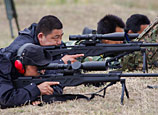
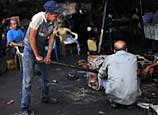
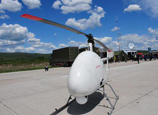
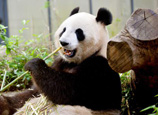
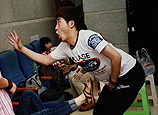
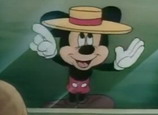
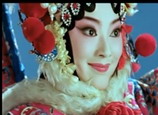
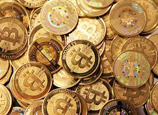
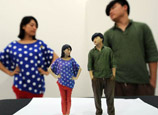






 5,000th baby born in
5,000th baby born in
water in Shanghai


![]()
